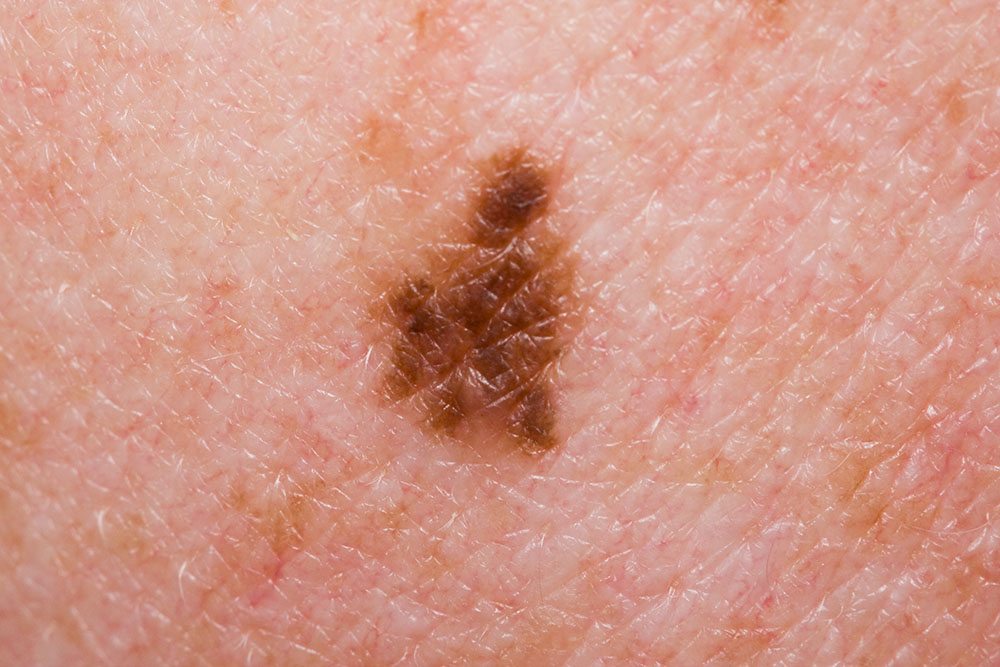Rare Melanoma Type Highly Sensitive to Immunotherapy: Study
A new study has found that more than two-thirds of people with a rare type of melanoma respond positively to treatment with anti-PD-1 immunotherapies. The findings, which counter the conventional wisdom that a cancer which is highly fibrotic could not respond to immunotherapy, have the potential to help scientists identify those patients most likely to benefit from treatment.
Desmoplastic melanoma is a rare subtype of melanoma characterized by dense fibrous stroma, resistance to chemotherapy and a lack of actionable driver mutations, and is highly associated with ultraviolet light-induced DNA damage.
Until now, researchers assumed that the density of desmoplastic melanoma tumors would prevent activated immune cells from reaching their targets.
“Our findings challenge the previous school of thought that immunotherapy would offer little benefit to patients with desmoplastic melanoma due to the dense tissue architecture of these tumors,” Dr. Zeynep Eroglu, study author from the Moffit
t Cancer Center in Florida, said in a press release.“These tumors, in fact, have the necessary biological ingredients to be very effective targets for anti-PD-1 drugs,” she added.
Anti-PD-1 antibodies target the protein PD-1, which is expressed by immune cells. When PD-1 binds to another molecule called PD-L1, it protects the cancer cells from immune cell attack.
Therefore, by blocking the interaction between PD-1 and PD-L1, anti-PD-1 antibodies unleash the patient’s immune system to attack the cancer.
In the study, the UCLA team hypothesized that despite the dense tissue associated with desmoplastic melanoma tumors, patients may still respond well to anti-PD-1 or anti-PD-L1 therapies because of the high frequency of mutations induced by previous sun damage characteristic of this type of cancer.
To validate their theory, the team evaluated 60 people with advanced desmoplastic melanoma who had received anti-PD-1 or anti-PD-L1 therapies over a five-year period. They found that 70 percent of patients, or 42 out of 60, had a reduction in tumor size that was sustained over many months or years. In addition, cancer was no longer detectable in 19 of these 42 people, and none of those 19 individuals had a recurrence of the disease to date.
The team further conducted a comparative analysis of tumors from patients with desmoplastic melanoma to other types of melanoma, and found a higher percentage of PD-L1 positive cells in the desmoplastic melanoma tumors.
Though desmoplastic melanoma accounts for only 4 percent of all melanomas, current survival rates are poor and there is an urgent unmet need for new treatment strategies. The findings of this study have led to a new clinical trial in more than 100 sites across the United States sponsored by the National Cancer Institute, offering the anti-PD-1 therapy pembrolizumab (commercialized as Keytruda) to people with desmoplastic melanoma even before they undergo surgery.































